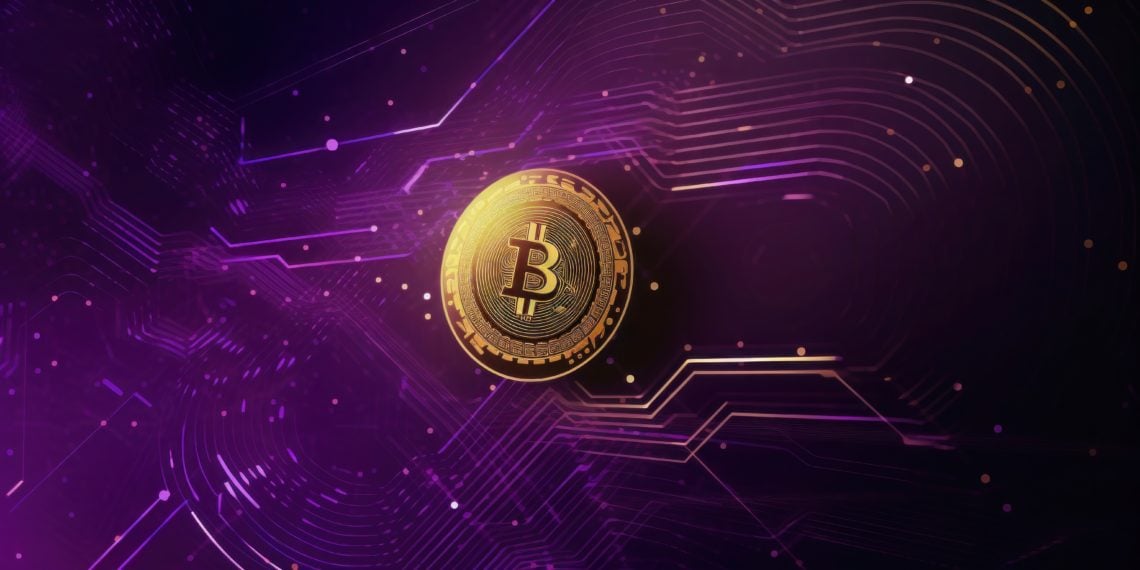The governance token is issued by cryptocurrency and mainstream projects run by a decentralized autonomous organization (DAO). Owning a governance token automatically makes its holder a member of the DAO. That is, these tokens also reflect their owners’ stake in managing a community-owned project.
What are Governance Tokens?
When a smart contract, decentralized application, or local blockchain project team wants to democratize and centralize decision-making, it uses governance tokens to give that power to its community. Community-owned blockchain and cryptocurrency projects are often referred to as Decentralized Autonomous Organizations (DAOs). Most DAOs require a token to operate and these tokens come with certain obligations.
A governance token entitles its holders to vote on proposals for improvement on DAOs’ governance portals. Governance tokens represent their holders’ stake in the running of a community-owned project or government, and owning a DAO’s governance token is the only criterion for voting. In some other cases, there may be several other criteria considered in addition to the management tokens. Ultimately, governance tokens are gateways to the management of a community-owned project.
How to Use Governance Tokens
Owning a governance token is only the first step towards participating in the governance of a DAO. This is how they usually work, although the process may differ for different DAOs.
DAOs define criteria for voting systems – including eligibility criteria and general and individual voting validity criteria. For example, a DAO may declare the entire voting process invalid if less than 40 percent of its members (or governance tokens in the supply) do not vote. Using these predefined terms, they develop a voting platform that often includes a discussion forum and a snapshot portal.
Some projects also include the governance system in their core code, and DAO is a natural part of projects like this.
Suggestions to improve the community’s technology, general management, or marketing are presented and discussed in a community forum, and then put to vote on the voting portal.
One of the ways DAOs use management tokens is to set up their governance portal in such a way that holders can connect with their wallets and continue to vote based on the number of tokens they own. The platform detects the number of tokens in connected wallets automatically or via a smart contract and allows members to sign the voting request from their wallets.

The second case involves a token locking process and is usually relative to the token’s model. This system is often adopted for tokens that have benefits other than voting. To participate, holders of the project’s management tokens lock their tokens and receive their Ve tokens as stated. Voter Escrowed tokens are then used for voting purposes only. Locked tokens are inaccessible until used. Some DAOs encourage this action by offering additional voter APY to And token holders, as seen on Pendle.
In another example, some DAOs may allow governance token holders to stake their tokens to a validator (delegate) who votes on proposals on their behalf. Systems like this can be vulnerable to centralization, but work well when a collective voting system is desired. For example, Optimism allows owners to elect a delegate to vote for them when it comes to management issues.
Once the member approves their vote, in any of these cases the portal collects the votes in real time, ensuring transparency. If the community learns of its fate through the portal and passes a community vote, the proposal will be duly implemented, otherwise it will be trashed or reviewed as the case may be.




